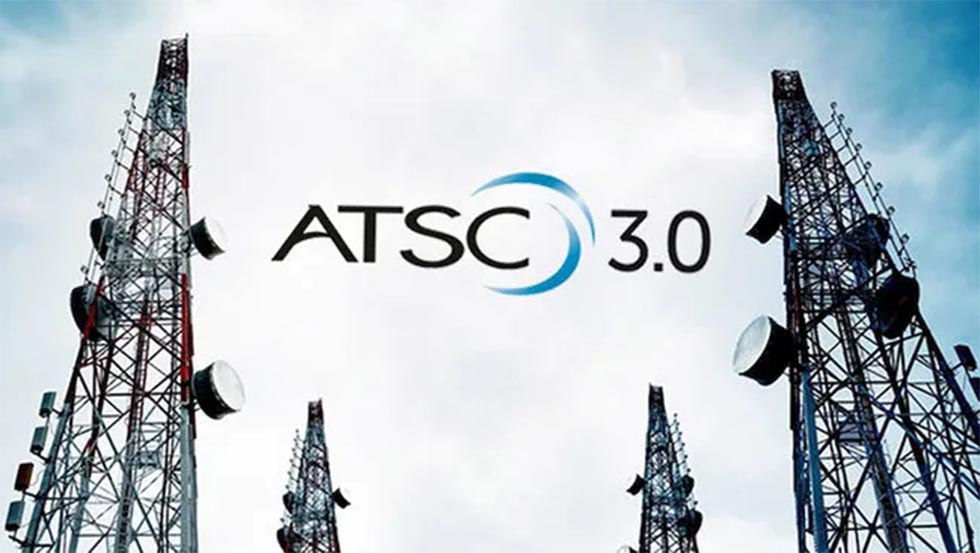Martin, Adelstein offer proposals to increase minority media ownership
Speaking at the annual Rainbow PUSH Coalition and Citizen Education Fund Media & Telecommunications Symposium in Washington, D.C., FCC chairman Kevin Martin and Commissioner Jonathan Adelstein highlighted their proposals to increase access of minorities and women to TV airwaves and station ownership.
Martin used the opportunity to once again lay out his vision for how digital multicast channels of traditional broadcasters could be used to do this.
“The digital television transition provides a major opportunity for new entrants,” he said. Martin built the case for allowing small and independently owned businesses “to take advantage” of “extra unused spectrum” not used by digital television broadcasters as part of their 6MHz-wide channel. “Often, there is additional capacity left over that could be used to air additional channels,” he said.
According to the FCC chairman, the operators of these stations have “all the accompanying rights and obligations of other broadcast stations,” including public interest obligations and the right to be carried on cable and satellite systems. The commission currently is considering this idea, he said.
During his remarks, Adelstein laid out minority media ownership numbers and said he had asked the chairman and other commissioners to create “an independent bipartisan panel — that’s outside the control of the FCC — to address the crisis of diversity.”
According to the commissioner, although one-third of the U.S. population consists of people of color, they own only 3.26 percent of TV stations and 7.7 percent of full-power commercial radio stations. Women, who make up more than half the nation’s population, own only 4.97 percent of TV stations and 6 percent of full-power radio stations.
“Today, I feel a sense of responsibility to remedy this legacy of neglect,” he said.
The professional video industry's #1 source for news, trends and product and tech information. Sign up below.
The bipartisan panel Adelstein has called for would review more than 40 regulatory proposals to “put this sad past behind us” and recommend “an immediate action agenda.”
For more information, visit www.fcc.gov.
